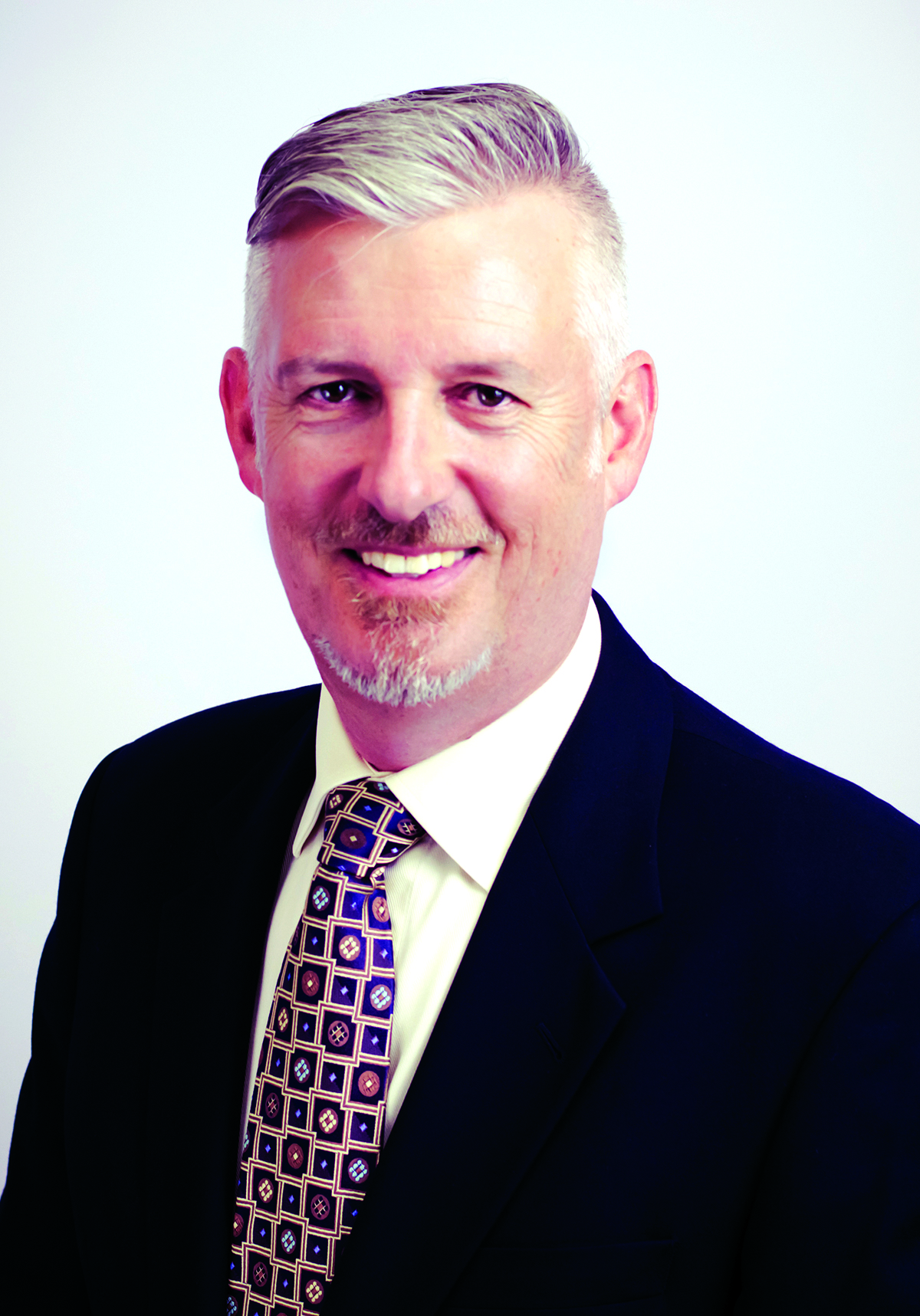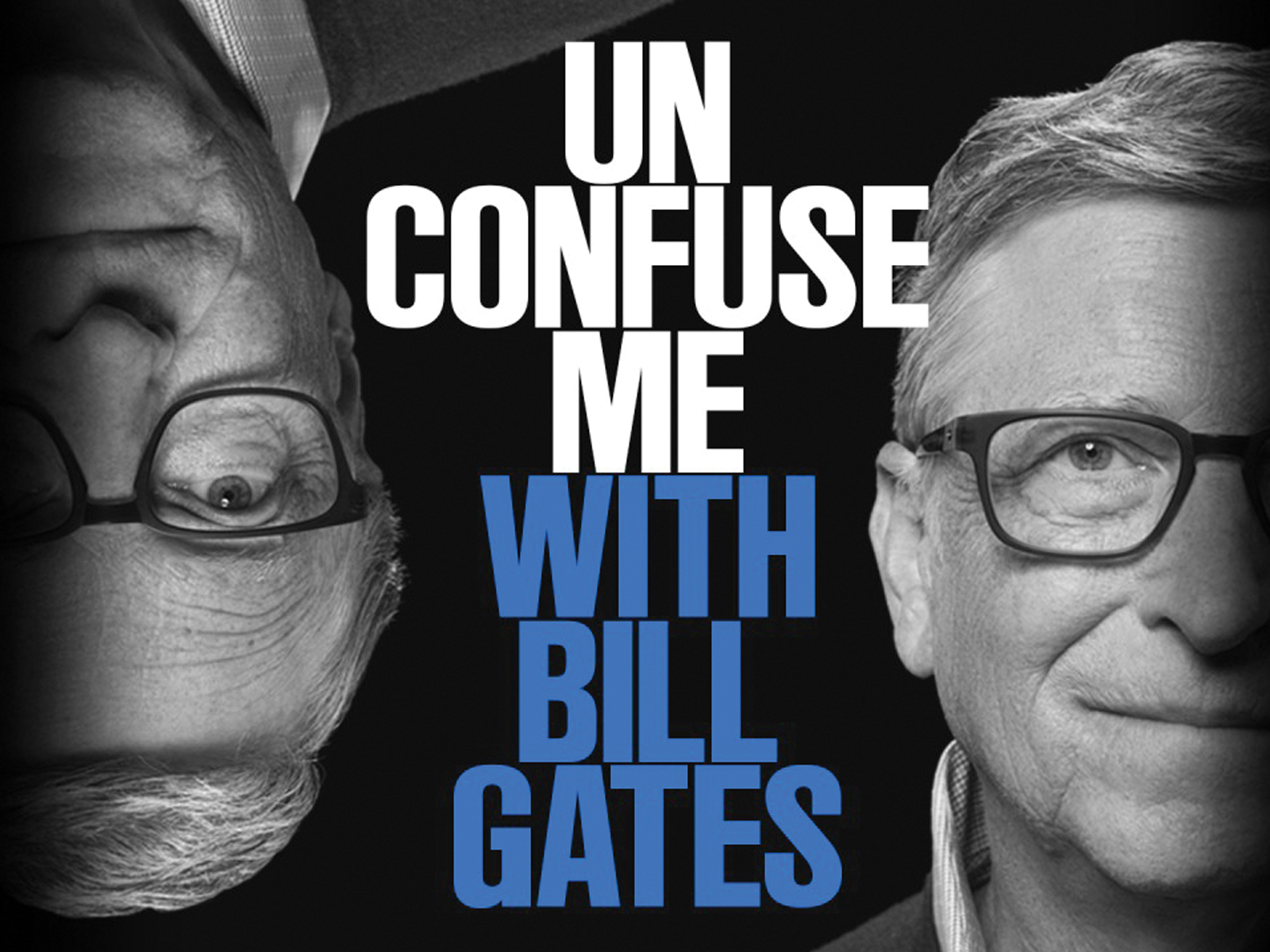 By Prof. Cameron Graham, Past Chair, Canadian Abilities Foundation
By Prof. Cameron Graham, Past Chair, Canadian Abilities Foundation
I’m sure you saw the video: people dragged from their wheelchairs by police in Washington, DC, as they protested plans to repeal the Affordable Care Act. These images were gripping. It’s not often you see someone in power publicly roughing up a person with a disability. The optics are just not good. The bodies of people with disabilities have always been political. The protestors in Washington recognized this and were willing to put theirs on the line. This was not the first time in US history, by any means. The Americans with Disabilities Act of 1990 only happened because of active protests by people with disabilities. In Canada, protests by disability activists have been just as successful. In 1980, Canadians with disabilities carrying placards drew public attention to the need to include disability in the Charter of Rights and Freedoms. It is there in Section 15 now, as a direct result. Canadian disability activists have achieved many other policy successes, although the importance of physical protest has varied considerably from case to case. Our bodies are political because the notion of a “normal” person is always subject to contestation. The domination of their bodies in our society depends on these bodies being considered “normal.” It takes concerted effort by others to demolish this norm, which affects everything from legislation to job expectations, technological design and architecture.
The very fact that people with disabilities do not conform to this norm is a source of power. The image of disability, so often projected by the media as passive and victimized, is easily turned upside down when people with disabilities act. The images that result from such activism are compelling. Arresting, even. They change public opinion. It is vital that people with disabilities recognize their power at this specific moment in the history of Western democracy. We have witnessed white supremacists carrying Nazi flags and torches, marching through the streets of Charlottesville, Virginia, chanting “Jews will not replace us.” We all know that one of them drove a car into a crowd of counter-protesters the following day, killing one person and injuring many others.
This brazen display of violent racism drew explicitly on symbols of the Ku Klux Klan and Nazi Germany. Both racism and Nazism are grounded in the belief that others—blacks, Jews, gays—are inferior, defective, unfit. And no group has borne the brunt of such beliefs more than people with disabilities. This is not to diminish in any way the suffering of other groups. It is simply that disability is always a compounding factor in oppression. Slavery created disability amongst the slaves through violence, poor nutrition and injury. The tools of the Holocaust were first perfected in hospitals and sanitariums, where more than 240,000 people with disabilities were exterminated by the Nazis. (And if you think Canada is different, remember that eugenicists in Alberta forcibly sterilized almost 3,000 people with disabilities between 1928 and 1972.)The open display of hatred in Charlottesville was explicitly intended to evoke these memories. It was an act of terrorism that led to a flurry of extremist events across North America, including in Vancouver and Quebec. But instead of striking terror, these events have primarily inspired revulsion and anger. Counter-protesters at every one of these events have far outnumbered the racists. The willingness of people to unite against racism gives us hope. It says that no matter what some may say to fan the flames of hatred, the majority of people remain committed to love and acceptance. The disability community has an important role to play in these counter-protests. By joining with others, we amplify the power of diversity, in opposition to attempts to narrow the definition of “normal.” We amplify the power of inclusion, in opposition to attempts to divide people against each other. We amplify the power of activism, in opposition to attempts to portray victims as passive. Hatred is a human problem. #Resist.
Cameron Graham PhD, Professor of Accounting, Schulich School of Business (Toronto) and past Chair, Canadian Abilities Foundation.













